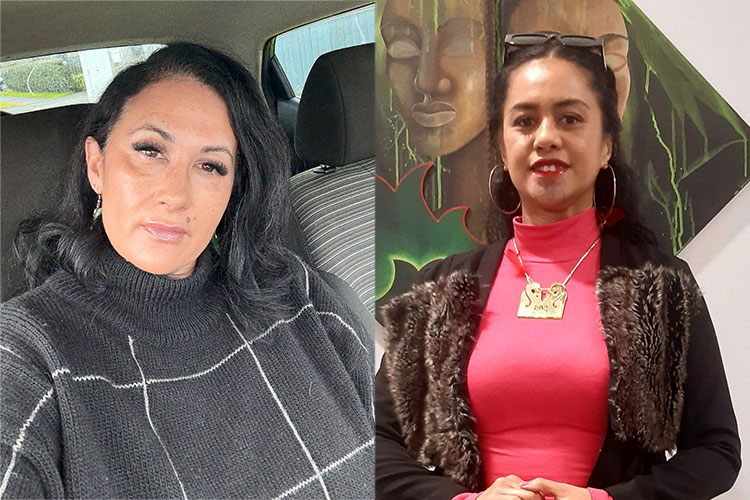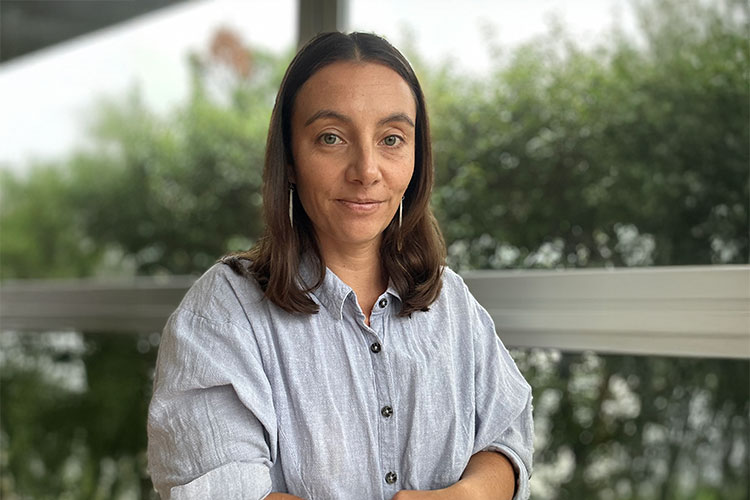A magazine-style format for coursework is taking the grind out of study for Mahi Toa tauira.
It’s also attracting the interest of other education providers.
Mahi Toa is a free home-based part-time programme run by Te Wānanga o Aotearoa that is designed to prepare people for employment, a promotion or a career change.
The programme’s point of difference is that it does away with the reams of mundane textbooks and notes that many students are likely familiar with.
Mahi Toa coursework comes in a stylish, glossy magazine format that you’d more likely read while enjoying a lazy coffee.
The programme’s founder, Rob Wetere, says the format makes the information not only an easy read, but an enjoyable and accessible one.
Rob says the idea came to him during his stint as a prison officer teaching cognitive therapy and life skills at Waikeria Prison.
He observed visitors bringing in magazines for inmates to read and concluded that magazines could be useful to help engagement in educational activities rather than by using the more traditional books.
“Books tend to be topic-specific and possible reminders of school and associated with good or bad experiences while magazines offer greater variety and easier reading.”
“The layout of a magazine is a little bit like a smorgasbord whereby a reader can choose what they read by the headings and pictures.”
“The style of writing tends to be easier to read and provides a lot more clues for readers about what they will be reading. A magazine can be a little bit more fun than a book”.
Rob says the demographic for programmes previously run by Open Wānanga tended to be 85 per cent women between the ages of 25 and 50.
Books were well-received by this demographic but he questioned why the percentage of males was low.
“Therefore I didn’t think the same old same old would work for males and we had to do something quite radical. There are no books in Mahi Toa. “
“The demographics of Mahi Toa is roughly 50 per cent each of males and females. Given females are the biggest consumers of magazines it is no surprise that this style works for both genders.”
Rob says the magazine-style approach could be extended to other TWoA programmes including Papa Whairawa – Financial Literacy Level 2.
He says other educational providers have been impressed by the concept.
“Open Polytechnic were blown away by the magazine concept but due to the costs and uncertainty around the demand of their programmes they couldn’t commit to this approach.”
“A PTE in Auckland made an approach to purchase the Mahi Toa programme kete so that they could deliver the National Certificate in Employment Skills.
The general feedback from people is “wow…it’s something very different”.”
-
 Kāinga
Home
Kāinga
Home
-
 Kāinga
Home
Kāinga
Home
-
Ngā ĀkorangaOur Programmes
Ngā Ākoranga - Our Programmes
-
Ngā RoheOur Locations
Ngā Rohe - Our Locations : Main Service Centres
-
Ngā TauiraStudents
Ngā Tauira - Students
- HonongaStay Connected
- Te WhareAbout Us



































